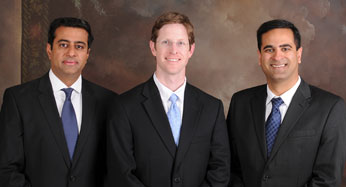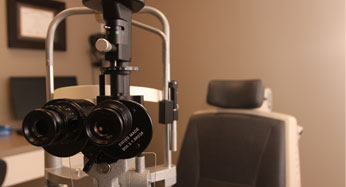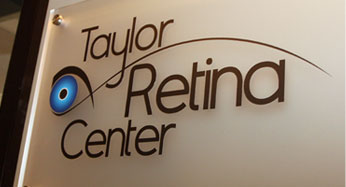Our retina specialists are board certified in ophthalmology, have completed a retina disease fellowship and have performed thousands of retina procedures. Our doctors and their staff share a common mission to provide the most up-to-date medical care in an environment that is compassionate and patient-centered.
Macular Hole & Vitreomacular Traction
The macula is the central part of the retina that is responsible for the detailed, clear vision necessary when reading or driving. If the retina develops a complete hole, a black "missing" spot is seen everywhere the eye looks.
Causes of a Macular Hole
Macular Holes are thought to occur from tangential traction exerted on the retina. The clear vitreous jelly fills the eye cavity and is attached to the retina from birth. With time, it liquefies and separates from the retina, usually occurring at age 50-60. If it does not separate cleanly, it can pull at the retina and cause traction or even a hole to develop in the very center of vision. While the majority of macular holes just happen on their own, severe eye trauma and other pathologic eye conditions may be related.
Symptoms
Typically, people will notice a central blurry spot that progresses to form a "missing area" right in the center part of vision. This makes reading and driving difficult and usually causes severe vision loss. Approximately 10-15% of people who develop a macular hole in one eye will develop one in the other as well. Those who have had a macular hole for less than 6 months have better chance of repair than those who have had the condition longer.
Vitrectomy Surgery
In some cases of vitreous traction, the jelly will separate and release from the retina, leading to spontaneous recovery. If a full hole develops, a surgical procedure called a vitrectomy is required to repair the macular hole. Small instruments are inserted through the white part of the eye and used to remove the jelly and relieve the traction. The jelly is replaced with a temporary gas bubble that that disappears over a few weeks. After the surgery, face down positioning is required for a week. Fortunately, we can help you rent a chair and other equipment to assist with staying on your stomach, face down. Without successful surgery, most people lose the ability to read in the affected eye and are "legally blind" because of poor central vision.



